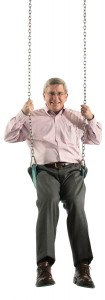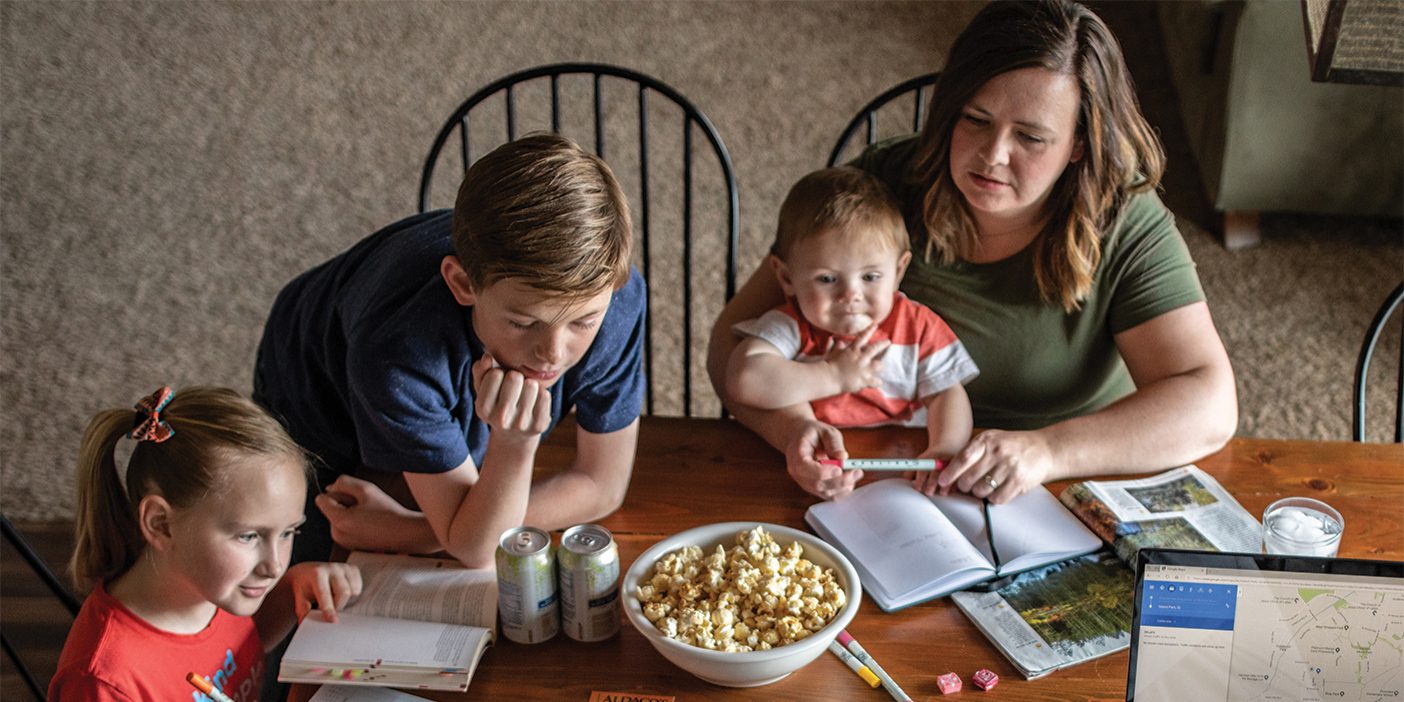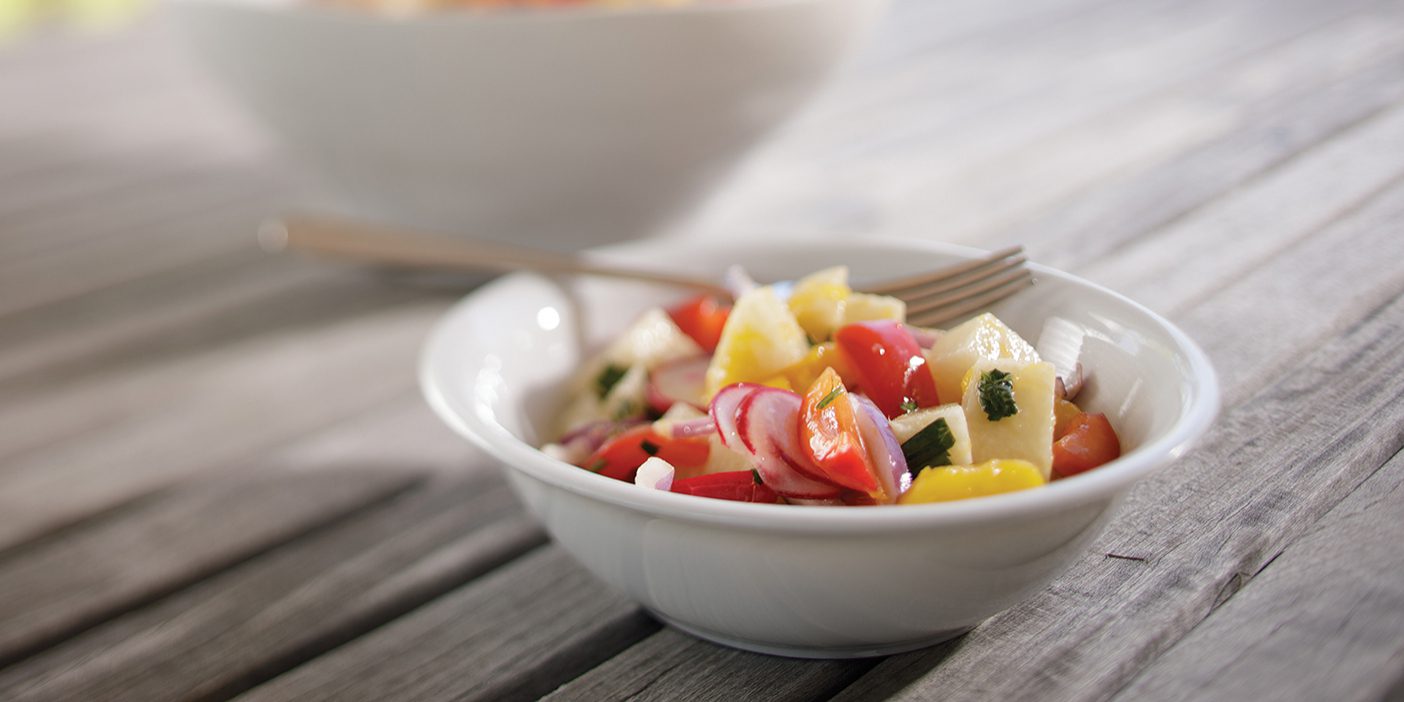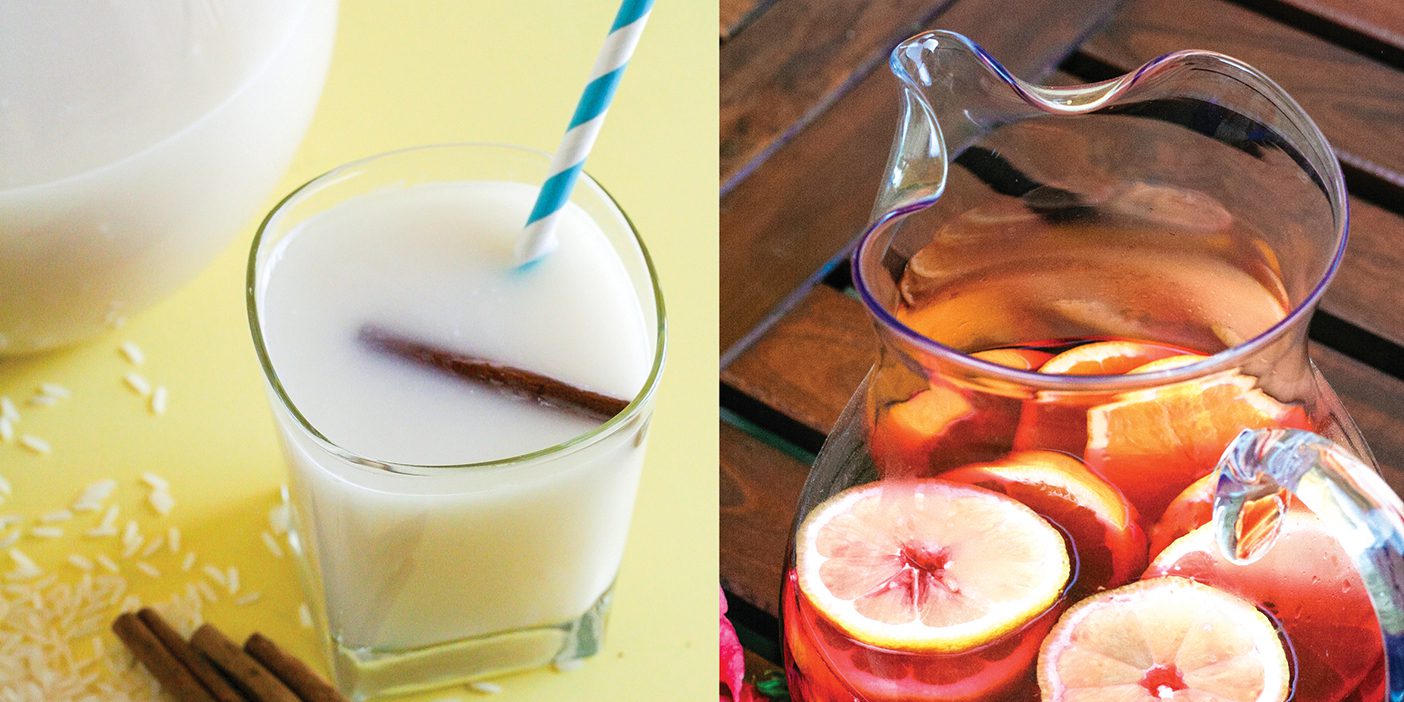 Studies show that ninth-graders with low scores can blame two-thirds of their falling behind on the summer setback—the lag during school-free summer months—say BYU experts. Want to keep your child up to speed during the summer? Teacher education and literacy professor Timothy G. Morrison (BA ’77, MEd ’79) and teacher education and math education professor Damon L. Bahr (BS ’79, EdD’88) swung by to offer help in the two areas where kids fall behind the most: literacy and math.
Studies show that ninth-graders with low scores can blame two-thirds of their falling behind on the summer setback—the lag during school-free summer months—say BYU experts. Want to keep your child up to speed during the summer? Teacher education and literacy professor Timothy G. Morrison (BA ’77, MEd ’79) and teacher education and math education professor Damon L. Bahr (BS ’79, EdD’88) swung by to offer help in the two areas where kids fall behind the most: literacy and math.
Read, Write Now!
Morrison: Parents need to be involved in reading with kids—not just reading to their kids or kids reading to them, but also talking about what they read. Ask your kids to make predictions, draw conclusions, or explain what’s happening in the text. Why does this character like this character? How is this character similar to a character in a book we read before? Talking that way about books is more important than just reading the words alone. Research also shows that kids are exposed to more new words through reading books, even comic books or picture books, than they are through conversation with a college graduate.
Try This:
- Have your children write down new words and use them throughout the week.
- Help the kids research a summer-vacation destination and make a travel brochure.
- Recruit a summer pen pal (perhaps Grandma or Grandpa)
It All Adds Up
 Bahr: When kids string toys through the living room, down the hall, and into the bedroom, or when they build block structures, they’re experimenting with issues of space, measurement, linear thinking, curvatures, and angles. It’s sophisticated, albeit informal, geometric reasoning. We’re programmed to engage with our environment mathematically. The trick is to ask, “What’s the math in this?” If we can recapture the magic of mathematics through our daily interactions, parents can do a lot to say, “I think math is important and meaningful. I’m glad you’re studying it in school, but math isn’t just school. Math is real life.”
Bahr: When kids string toys through the living room, down the hall, and into the bedroom, or when they build block structures, they’re experimenting with issues of space, measurement, linear thinking, curvatures, and angles. It’s sophisticated, albeit informal, geometric reasoning. We’re programmed to engage with our environment mathematically. The trick is to ask, “What’s the math in this?” If we can recapture the magic of mathematics through our daily interactions, parents can do a lot to say, “I think math is important and meaningful. I’m glad you’re studying it in school, but math isn’t just school. Math is real life.”
Try This:
- Have your children figure out the tip at a restaurant.
- Keep stats together at a sporting event and quantitatively compare the best players.
- Have the kids analyze the prices across brands for their favorite treat at the grocery store.









